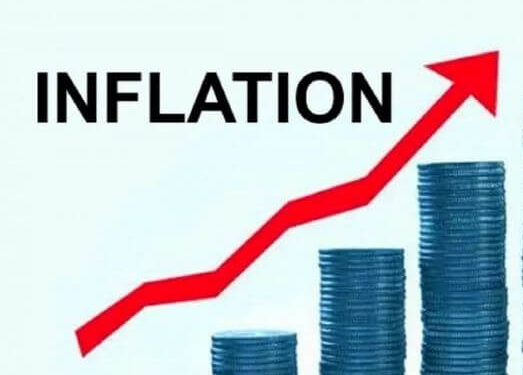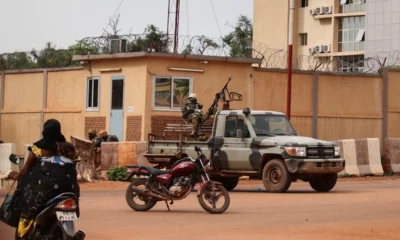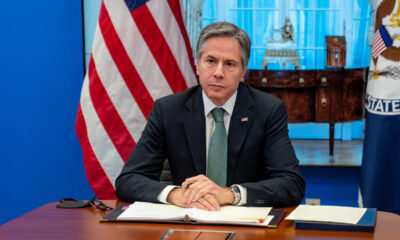In order to address the issues facing internally displaced persons and their host communities, as well as to support rural access and agricultural marketing in the nation, the Nigerian government is currently engaged in negotiations with the World Bank. These negotiations are part of the country’s efforts to secure over $1 billion in loans.
The request is contained in World Bank documents titled, ‘Solutions for the Internally Displaced and Host Communities Project’ and ‘Rural Access and Agricultural Marketing Project – Scale Up.’
There have been reports that some of the World Bank loans currently in consideration were started during President Muhammadu Buhari’s prior administration.
There is a $500 million estimate for the IDP loan, and a $550 million estimate for the loan for the rural access and agricultural marketing project.
The document from the World Bank revealed that “The proposed project will utilise a three-pronged approach to develop sustainable solutions for IDPs and host communities in Northern Nigeria. First, the proposed project aims to provide tailored solutions for each of the targeted states and communities, recognizing that each internal displacement situation is specific and localised, with conflict, violence and/or climate challenges presenting a different level and set of vulnerabilities for host communities.
“Gender, age, and special needs of individuals also play a role, as well as the length of displacement, number of times displaced and other factors. Thus, responses will be adapted to address the specific needs of vulnerable populations within displacement-affected states and communities. Second, the proposed project will follow a “People-in-Place” approach, integrating the needs of the people and the impacts on the place where they settle.
“Project activities will aim to improve the provision of infrastructure and basic services as well as livelihood opportunities in an integrated way, moving beyond capital investments to supporting operational improvements and sectoral reforms, and fostering income-generating opportunities within host communities.”
With an estimated appraisal date of February 11, 2025, and an approval date of April 8, 2025, the Solutions for the Internally Displaced and Host Communities Project is a focused attempt to enhance the lives of millions of people impacted by internal displacement as a result of conflict, violence, and climate challenges.
The National Commission for Refugee Migrants and Internally Displaced Persons and the North East Development Commission are the implementing agencies, according to the Washington-based lender, which also stated that the Federal Ministry of Budget and Economic Planning would serve as the borrower for Nigeria.
According to the Global Data Institute in a its last Displacement Tracking Metrix, a total of 2,375,661 Internally Displaced Persons (IDPs) were identified in 483,467 households in 2023, representing a decrease of 3 per cent (or 79,529 individuals) compared to Round 42 when 2,455,190 IDPs were recorded (July 2022).
Nigeria’s debt profile continues to raise despite its revenue generation challenges. Punch revealed last month that new borrowing approvals for the Federal Government and the securitization of the Central Bank of Nigeria’s N7.3tn Ways and Means advances could soon bring Nigeria’s total debt (federal government and state loans) to at least N107.38tn.


 Metro2 days ago
Metro2 days ago
 Metro1 day ago
Metro1 day ago
 Sports2 days ago
Sports2 days ago
 VenturesNow23 hours ago
VenturesNow23 hours ago





















